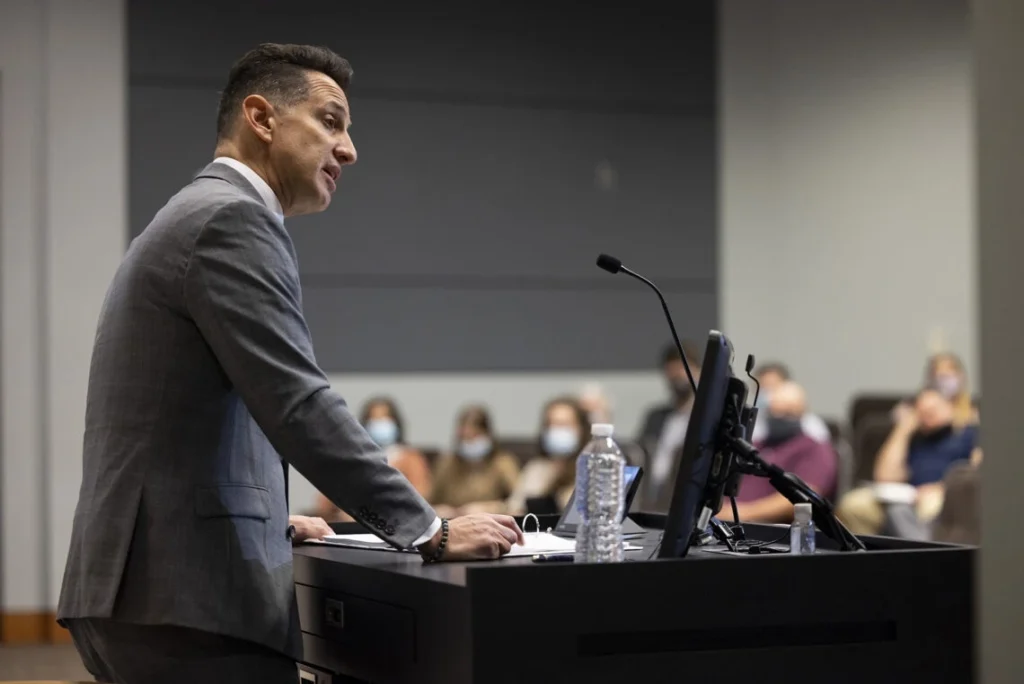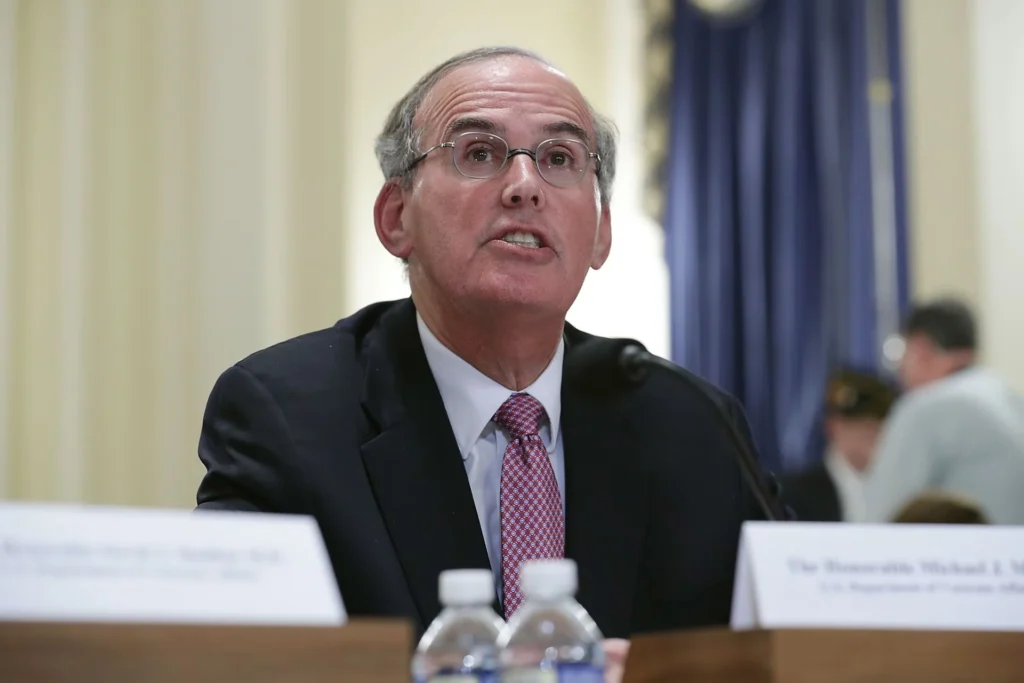On January 24, the Trump administration instructed employees from at least 17 inspector general offices to return government-issued laptops, phones, parking passes, and ID cards. This move follows the surprise firing decision made by the White House on the night of January 24 regarding these officials.
Some of the dismissed officials are speaking out to warn about what has transpired. One of them is Mark Greenblatt, the Inspector General of the Department of the Interior, who was appointed by Trump five years ago. Greenblatt also served as the head of the Council of Inspectors General on Integrity and Efficiency until earlier this year.
“(Trump’s move) threatens the independent oversight function within the federal government,” Greenblatt told The New York Times. “We have protected the independence of inspectors general by not allowing them to be swayed by partisan changes.”
For decades, inspector general positions within U.S. federal agencies have typically remained intact when a new president takes office, reflecting their nonpartisan role.
Greenblatt also warned that if Trump appoints loyalists—those who will simply follow the president’s orders—to the inspector general positions, their credibility would be undermined. Furthermore, when the Democrats regain control of the White House, they will likely be motivated to dismiss these officials, creating an “endless cycle of politicization.”
The Unexpected Firings
To date, the White House has not released a specific list of the fired officials, leaving U.S. media uncertain about the full scale of the move.

In an interview on January 27, Hannibal Ware, the Inspector General of the U.S. Small Business Administration and Acting Inspector General of the Social Security Administration, one of the officials dismissed, stated that, to his knowledge, 17 officials had been fired.
In addition to Ware, inspectors general from the Departments of Agriculture, Commerce, Defense, Education, Energy, Health and Human Services, Housing and Urban Development, Interior, Labor, State, Transportation, Treasury, and Veterans Affairs were also let go.
Moreover, the Special Inspector General for Afghanistan Reconstruction and the Inspector General of the Environmental Protection Agency (EPA), along with officials from the White House Office of Personnel Management (OPM), were also included in the list of those dismissed.
Among them, OPM Inspector General Krista Boyd was not even formally notified of her firing via email. However, she was removed from the system, and the inspector general community believes she has lost her job.
In a letter sent to the White House, Ware argued that the firing of these officials was unlawful. According to U.S. regulations, the executive branch must notify Congress at least 30 days before firing an inspector general.
Ware stated that he no longer had access to his office or the agency’s computer systems. Meanwhile, Greenblatt did not go to his agency on January 27, even to collect his personal belongings, to avoid creating security issues.
The Role of Congress
In 1978, the U.S. Congress passed the Inspector General Act. Under the law, these positions do not report directly to the heads of their respective departments, ensuring their independent oversight capacity.

Back in 2020, Trump fired a number of inspectors general who had been seen as too aggressive in investigating the executive branch. In response to these firings, Congress demanded that the president provide a clear explanation of the reasons for the dismissals.
Ware expressed concern that the Trump administration would disregard the 30-day notification requirement in the Inspector General Act. This could allow the White House to also overlook other provisions in the law, such as the clause granting inspectors general unrestricted access to agency documents.
A source close to The New York Times, who wished to remain anonymous, said that the fired officials are discussing the possibility of suing Trump. It is unclear whether they have made a decision.
Some of Trump’s advisers have mentioned a theory suggesting that the president should have complete control over the executive branch. Therefore, Congress should not allow other officials to make independent decisions or limit the president’s firing powers.
Michael Missal, who was fired from his position as the Department of Veterans Affairs Inspector General, hopes Congress will defend the U.S. Constitution.
“To help inspectors general continue improving government operations and ensure taxpayers’ money is used effectively, they need to remain truly independent and have the support of Congress,” Missal said.
Democrats have also spoken out against the firings, arguing that this move will make it impossible to uncover corrupt practices.
In a letter sent last weekend, senior Democratic members of the House oversight committees stated that Trump’s actions were “illegal” and “arbitrary.”
However, attention is now turning to Republican senators who support the inspector general role—especially Iowa Senators Charles Grassley and Joni Ernst. Just days before Trump took office, these two senators announced they were launching a bipartisan working group to support the inspector general offices.
At the end of last weekend, Grassley and Ernst issued cautious statements, indicating they wanted to learn more about Trump’s actions before making a firm stance.




